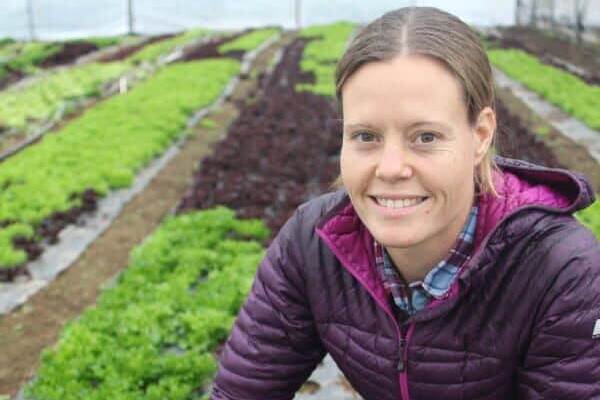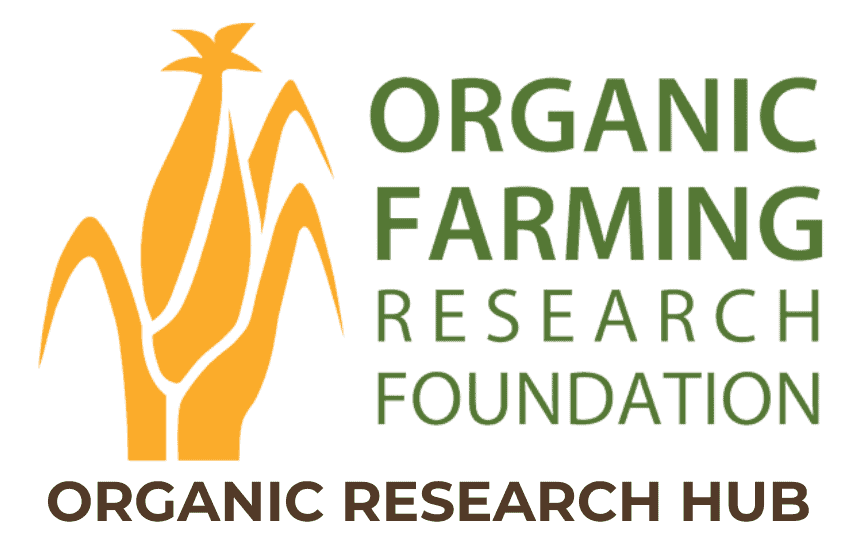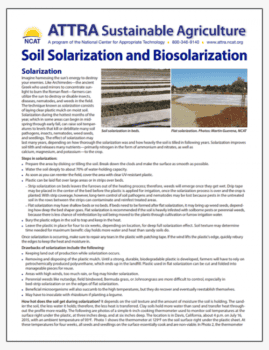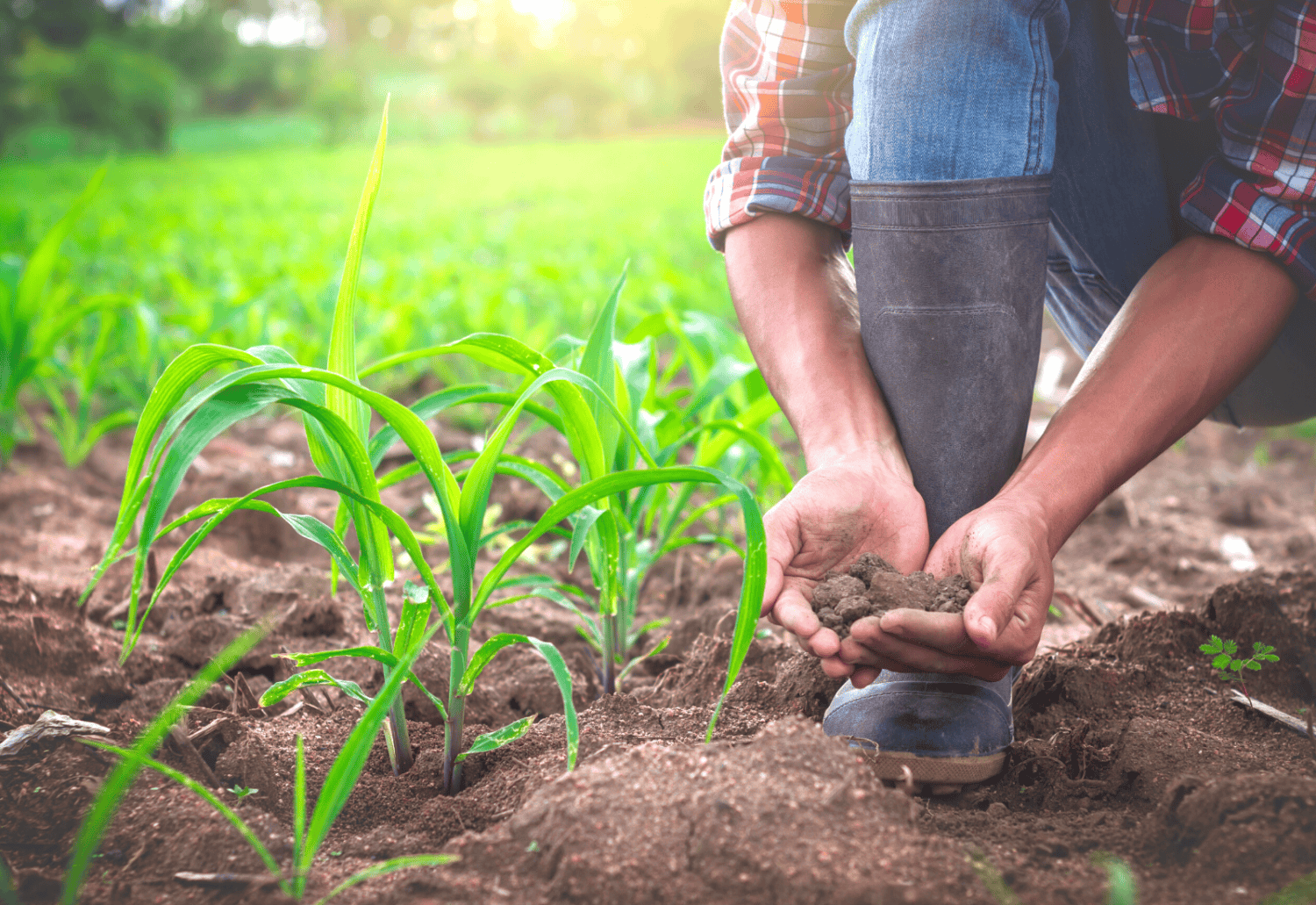OFRF Farmer-Led Trials: Impact of Solarization on Soil Microbiology
Maggie Dungan, Salad Days Farm

Farm Trial Overview
Salad Days farm is a diverse vegetable operation situated on 30 acres in Versailles, Kentucky. Certified organic since 2015, farmer Maggie Dungan grows year-round in the field and in hoop houses to supply an on-farm store, restaurants, schools, and four weekly farmers’ markets.
Maggie works hard to keep mechanization on her farm minimal, focusing on cover cropping, minimal tillage, and other soil health conservation practices. She keeps 2-4 acres of the farm in production, allowing her to focus on the quality of her systems to grow high-value and sustainable food for her community. Maggie was first exposed to the practice of solarization using clear plastic in 2022 when the farm participated in a research project with the University of Kentucky. The project studied the effect of solarization in high tunnels on root-knot nematode populations. She was impressed by the results of the trial and saw first-hand how this technique impacted a persistent soil pathogen.
However, Maggie was concerned about the impact of the treatment on her soil health, and had some questions – if solarization kills pathogens, won’t it kill the good microbiology, too? How does heat smothering with a plastic tarp impact soil microbial activity? What is the impact on fungal-to-bacterial ratios? Before beginning to incorporate soil solarization into her field plans, Maggie wanted some answers, and applied for OFRF’s Farmer-Led Trial program to help her build out a solid research plan and find reliable results that would have a positive impact on her operation.
For full details on the study’s methodology and results, check out the OFRF Farmer Led Trials Blog, or read the final report linked here.
Funding Amount
$1,500
Funding Year
2024Location
Versailles, Kentucky
Collaborators
Salad Days Farm
Organic Farming Research Foundation
Key Findings
- Microbial Biomass Increased Over Time: Contrary to expectations, soil microbial biomass was higher in solarized plots compared to non-solarized plots, suggesting that the practice does not harm beneficial microbes.
- Fungal-to-Bacterial Ratio Shifted: Solarized plots had a higher fungal-to-bacterial ratio, indicating a potential shift in soil microbiology post-treatment.
- Potential for Weed & Pathogen Management: While originally concerned about negative effects, Maggie’s findings suggest that soil solarization can be an effective weed and pathogen control method without long-term damage to soil biology.
- Encouraged by these results, Maggie plans to continue using soil solarization as part of her organic weed and pathogen management strategy. Future research could explore how different durations of solarization impact microbial communities and soil health over multiple growing seasons.
Region
Midwest
Topic
Soil Health, Crop Nutrient Management, Season Extension
Category
Vegetables/Fruits
Year Published
2025



